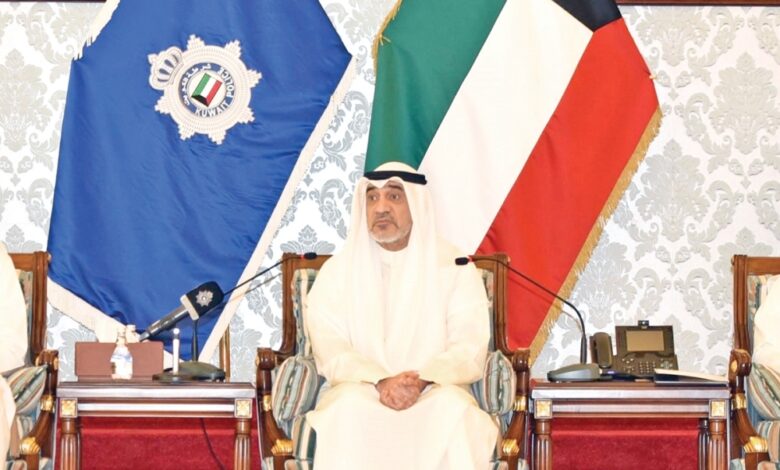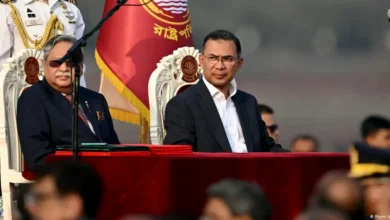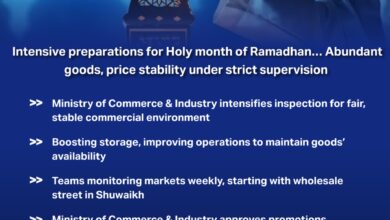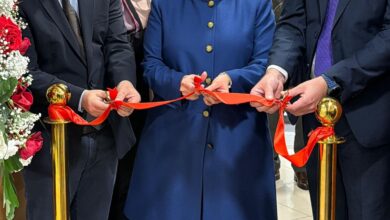Citizenship to be restored under Articles 5 and 8; sole prerogative of HH the Amir: Sheikh Fahad Al-Yousef

First Deputy Prime Minister and Minister of Interior Sheikh Fahad Al-Yousef affirmed that the decision to reinstate revoked citizenships under Articles 5 and 8 rests exclusively with His Highness the Amir, emphasizing that these articles were originally established for truly noble deeds, such as the sacrifices made by martyrs of the Arab wars and the Kuwait Liberation War.
During a meeting at the Khalifa Diwaniya in Khaldiya, Sheikh Fahad explained that some individuals obtained citizenship under the category of noble deeds without merit, including civilians and employees of private companies and associations. “Those who obtained Kuwaiti citizenship, along with their children, from these categories do not deserve it,” he said, stressing that citizenship should reflect loyalty and genuine service to the nation.
He added, “If it weren’t for Kuwait’s abundant resources, such as oil, who would seek its citizenship?” pointing out that many who forged documents in the 1960s and 1970s left behind descendants who now strain the country’s employment, housing, and healthcare systems, while true citizens face challenges accessing these same services.
Sheikh Fahad stressed that Kuwaiti citizenship is unique among regional nationalities, offering full privileges and benefits. “Someone whose heart is with Kuwait is completely different from someone whose heart is with the dinar,” he said, noting that many security cases involve individuals with forged or naturalized citizenships, not native Kuwaitis.
He revealed that investigations uncovered cases of individuals who obtained citizenship under Articles 5 or 8 but reside outside Kuwait, continuing to receive state benefits. He also mentioned reforms at the Civil Service Bureau, which had not been updated in 30 years, to align with current developments.
On demographic management, Sheikh Fahad said that workers’ cities are among His Highness the Amir’s top priorities, noting that the Public Authority for Manpower now allocates company-specific quotas for foreign workers by nationality, based on security assessments.
Addressing traffic laws, he reiterated that “a country where the law is respected is a real country, but a country where chaos reigns is not,” highlighting the importance of enforcing new penalties for traffic violations. However, he instructed authorities not to fine mourners at cemeteries for minor parking offenses.
Regarding anti-money laundering efforts, Sheikh Fahad confirmed that cash sales of gold exceeding 10 dinars have been banned to prevent illicit financial activity, warning that violators will face immediate closure. He urged citizens to remain vigilant and report suspicious activities, emphasizing that “every citizen is a watchdog.”
On tourism and visa policy, he noted that Kuwait now treats countries equally in collecting visa fees, granting tourist visas on arrival to citizens of 52 countries. However, he said authorities are working to ensure visa applicants are screened in their home countries to prevent entry of individuals under legal bans.
“We have begun treating countries equally in collecting entry visa fees,” Sheikh Fahad said, underscoring Kuwait’s commitment to fairness, national security, and the rule of law.












